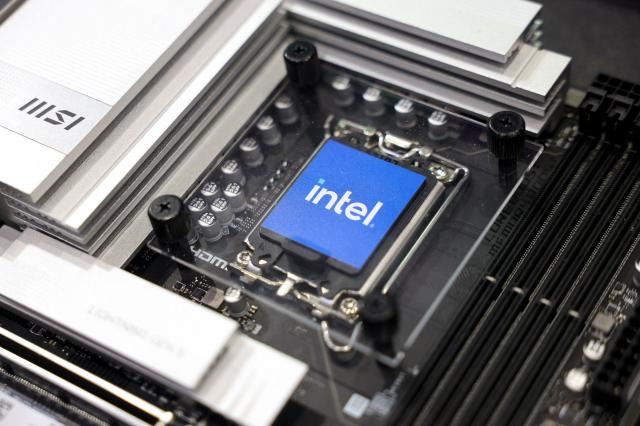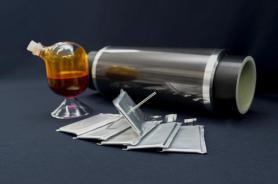
The United States, China and Japan are investing billions of dollars in these sectors, while Korea has yet to offer any subsidies in the sectors, the group representing large companies said.
For example, China aims to increase its chip self-sufficiency to 70 percent by granting $270 million in subsidies to Semiconductor Manufacturing International Corporation (SMIC), the country's largest contract chipmaker. Japan has allocated $6.3 billion to Rapidus, a domestic semiconductor firm, to revitalize its chip industry.
For the battery sector, China's Contemporary Amperex Technology (CATL), the world's largest electric vehicle battery maker, has been receiving government support since its establishment in 2011.
The report highlights the declining global market share of Korean battery makers. The combined market share of LG Energy Solution, SK On, and Samsung SDI has fallen from 30.2 percent in 2021 to 23.1 percent in 2023, a drop of 7.1 percentage points in two years.
"Korea should establish bold financial support measures to ensure related companies secure global competitiveness, and it is necessary to reorganize relevant laws and systems through a unified control tower," said Lee Sang-ho, vice president of the FKI's Economic and Industrial Research Department.
Copyright ⓒ Aju Press All rights reserved.


